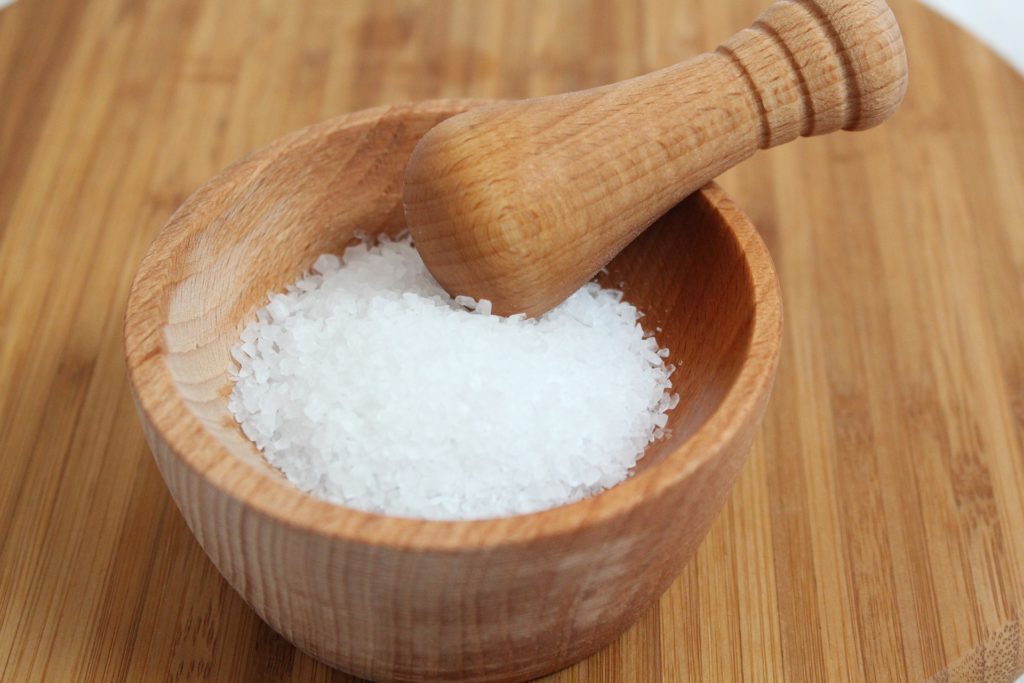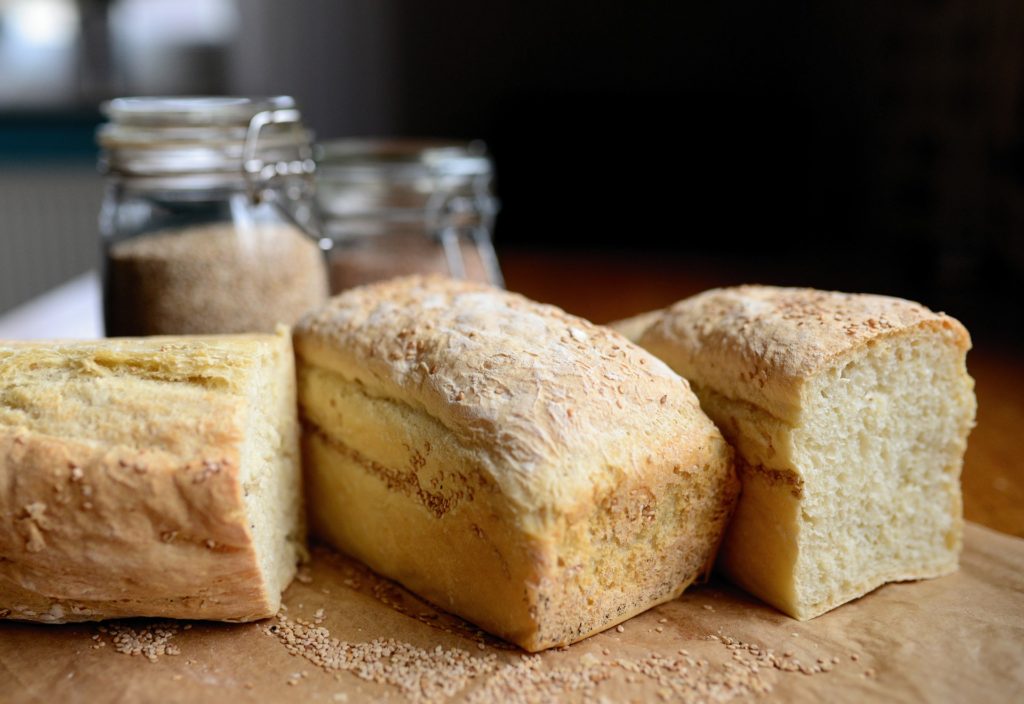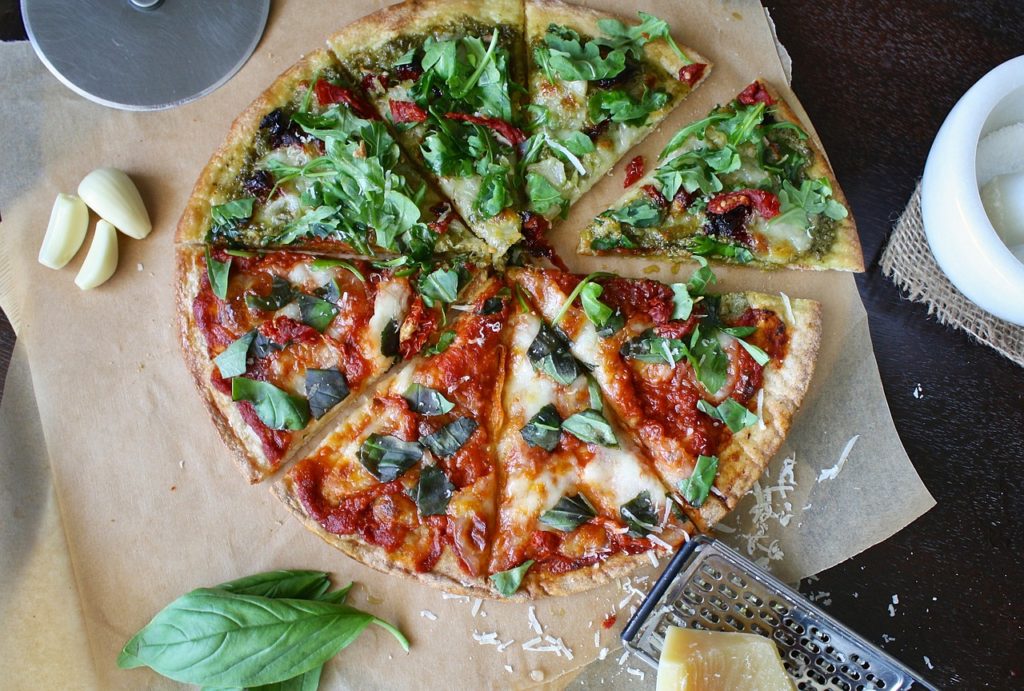
Some foods contribute significantly to high salt intake in Nigeria and other African countries.
Why the emphasis on salt? This is because high Salt intake has been a major source of public health concern. High salt intake is associated with Hypertension. There is a strong and positive relationship between salt consumption and Blood pressure. The higher your intake of salt, the higher risk of hypertension. There is also the strong relationship hypertension has with heart diseases and on its own, it contributes majorly to the global burden of diseases. Some people call hypertension the silent killer.
The World Health Organization (WHO) recommends that we should not consume more than 5g of salt (or 2g of sodium) per day. This is equivalent to a teaspoon of salt a day.
However, most people consume about 9-12g of salt per day.
The commonness of hypertension has been rising for years. We’re seeing higher levels of high blood pressure in sub-Saharan Africa. In African countries and other lower to middle-income countries, hypertension often goes undiagnosed, untreated, and uncontrolled.
In countries like ours, awareness is still low so I am ‘louding’ this just in case you haven’t heard or have forgotten.
So, what are the foods that contribute most to high salt intake in Nigeria?
Bread is the major source of the highest amounts of salt in our foods. And we do eat a lot of bread. Much more than we eat maize or sorghum or millet.

When comparing salt in bread in other countries, Nigeria appears to have the highest salt content with about 1.8g of salt in 100g of bread. Sodium in Bread from other countries was between 380 -400mg of sodium per 100g of bread (which is still high) according to one study.
Other major sources of salt in our diet are bakery products (e.g. cake, pizza, meat pie, croissant, doughnuts), meat and meat products, noodles, salted preserved foods, milk, and dairy products and condiments.

In Asian countries, their sauces and MSG are the highest contributors to their salt intake. In countries like Bangladesh, they even find sodium in their drinking water, and by just drinking enough water daily, they easily exceed the amount of salt they should eat.
Also, for those that eat bacon, it could contain 20 times more salt than fresh pork. So, take note.
While sodium, which is a major element in salt, is beneficial to the body, excess consumption is also associated with kidney disease, gastric cancer in addition to issues of heart diseases.
How can we reduce our salt intake?
- One way to reduce the amount of bread eaten every day is to diversify your meals. Include other food groups so that you are not eating too much of it.
- Another way to reduce your salt consumption is to cook at home to control the amount of salt in your foods. You can use more herbs and spices to give your food a lot of flavours.
- Reduce the use of condiments like ketchup, salad dressing, mayonnaise that have high sodium content. If you look at the nutrition labels on the products, you would see how much salt/sodium they contain.
- Lastly, I know noodles are a go-to for many mothers as quick meals for their children but it is a highly processed food that can add a lot of sodium to our children’s diet. If you must give them noodles, please, regulate the use of the packaged seasoning that comes with it. It contains a lot of sodium which also gives noodles more bad rep. When you diversify their meals, that is, giving them a variety of meals from fruits and vegetables, to roots and tubers and beans, every day, you can reduce and control the amount of sodium they are eating.
In a Nutshell
Bread is a major source of the highest amount of salt in our foods. Excess salt/sodium is a major culprit in hypertension, heart diseases, and other health issues. These health conditions are a burden and expensive to manage so prevention is much better. I have highlighted a few ways to reduce the amount of salt/sodium that you consume. Please read, learn, do, and share.
Always eat better and live better.
Notes:
Nwanguma, B.C. Salt (sodium chloride) content of retail samples of Nigerian white bread: Implications
for the daily salt intake of normotensive and hypertensive adults. J. Hum. Nutr. Diet. 2013, 26, 488–493.
Menyanu, E.; Russell, J.; Charlton, K. Dietary Sources of Salt in Low- and Middle-Income Countries: A Systematic Literature Review. Int. J. Environ. Res. Public Health 2019, 16, 2082.
WHO. Fact sheet. Salt reduction. https://www.who.int/news-room/fact-sheets/detail/salt-reduction#:~:text=For%20adults%3A%20WHO%20recommends%20that,relative%20to%20those%20of%20adults.



Thank you for this
Thanks for reading. Please share
Thanks for sharing this vital information. Can you enlighten us on that fruit “Guava” I observed it’s not known to most people.
Thanks for reading. Don’t forget to share. I will write something about Guava. When I was growing up, we used to pluck guava from trees and Never once purchased it at the market. It’s sad that we don’t get to experience that anymore and at the commercial level, you don’t even get to buy them from the market that easily.
Thank you. I anticipate the article.
Thanks a lot Yeside. We learn a lot everyday. Good to know that bread contributes to our daily intake of salt which could lead to Hypertension. God bless you richly.